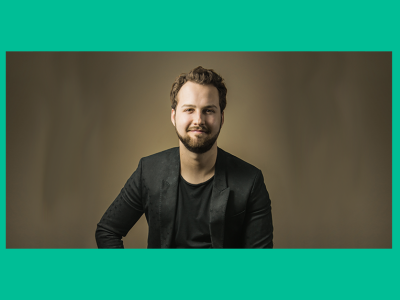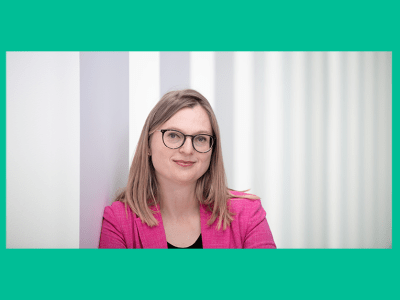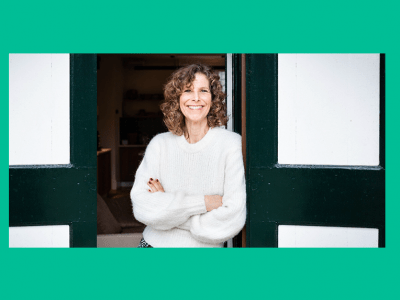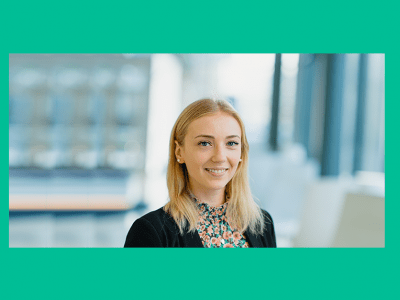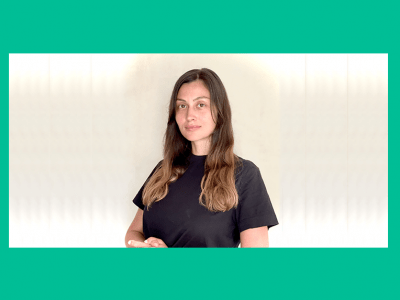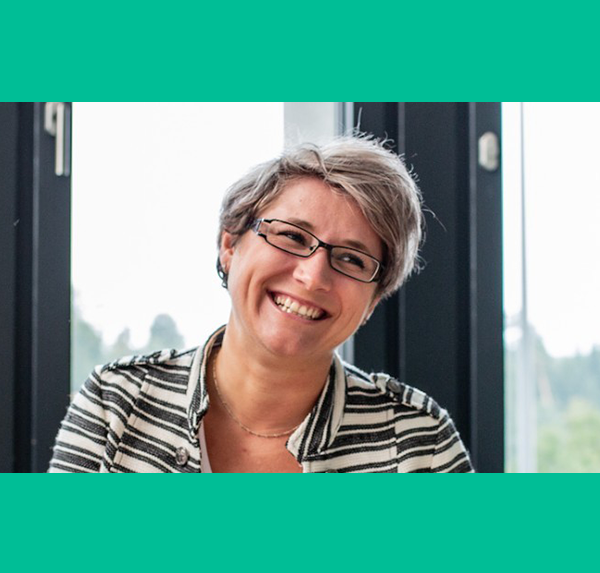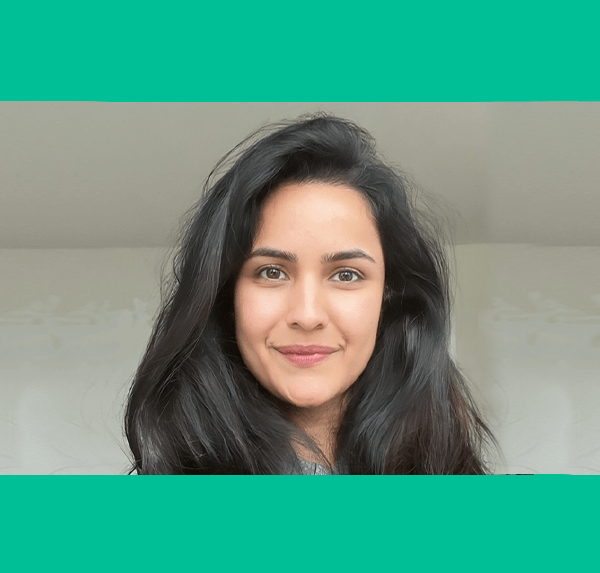EU Alumni: Karim Sayegh
We talk to BSc Business Finance student Karim Sayegh about his time at EU Business School, working for Goldman Sachs and Credit Suisse, and his thoughts on the future of finance.
Why did you decide to study at EU Munich?
I decided to quit medicine and study business finance. Medicine wasn’t for me. Practically, it’s great, but it’s too much for little reward. I don’t have anyone in medicine in my family, so there was no pressure and the decision to change my focus came easy.
I wanted to study in Germany at an English language school and EU Business School seemed like a good choice.
What were classes like? And the professors?
My impression was positive. The teaching was very professional and we were exposed to real-life examples of business, with finance lecturers who had experience and modern business knowledge. Much better than learning from a textbook. This means there’s less of a reality check when you start professional life.
What did you think of the guest speakers and networking opportunities?
The guest speakers were good, including the BMW marketing manager. We had plenty of chances to network and the alumni meetups were great. Loyalty is high in these groups. Should I need a connection, they are there.
What was the social situation like? Did you enjoy meeting people from all around the world?
People at EU were very sociable. Lots of fun. As well as a student body from all over the world, we had international exchange students. It was a great experience. Very multicultural. I got to know people from all over the world and made plenty of friends. I’m still in touch with some of them.
What advice would you give to new bachelor’s students about making the most of their studies?
Realize that the moment you step in, you’re building your profile, your image. Get references. Keep in mind that choices matter – the major you study, your thesis subject, etc., are important to build your story. If you lose track of this it’s very difficult to stand out.
After your studies, you landed an internship at Goldman Sachs. How did that come about?
I was being pressured by my parents during the last semester to apply for internships to get some experience. So I chose to apply to the big names that had straight forward online applications; such as UBS, JP Morgan, Morgan Stanley, Bank of America, and Goldman Sachs. Where most rejected me, Goldman Sachs called me up 4.5 months later for their graduate program. After having more than 20 interviews in Frankfurt and Zurich both over the phone and face to face, I was offered to role to be a legal entity controller for the Finance team in Switzerland.
What did your experience at Goldman Sachs teach you?
Goldman Sachs taught me a lot with respects to company culture, success and team work. It’s a firm that requires hard work, long hours and high pressure. However, I didn’t mind that. I was surrounded by talented people who understood their job and always took action for the benefit of its clients. Everyone I spoke to taught me something new in relation to career or the business. I chose to leave Goldman Sachs because I wanted to join the front side of the business where I would get exposed to clients, and in this regard the competition was too high at the time. I’ve however still maintained my network of mentors and friends there, whom I still meet and hang out with.
All in all, Goldman Sachs is a powerhouse that being part of it, no matter how short of a time, opens up doors with any person you want to interact with.
What does a day at Credit Suisse involve? What is your role?
Credit Suisse is a leading global financial services company. I work in the GCC region, covering Dubai, Qatar and other Arab states. We deal with private individuals, ensuring all financial needs, except tax, are met. Our service is a one-stop shop, which is exactly what a private bank should be. The client doesn’t want to worry about money; we take care of all their finances, giving them peace of mind.
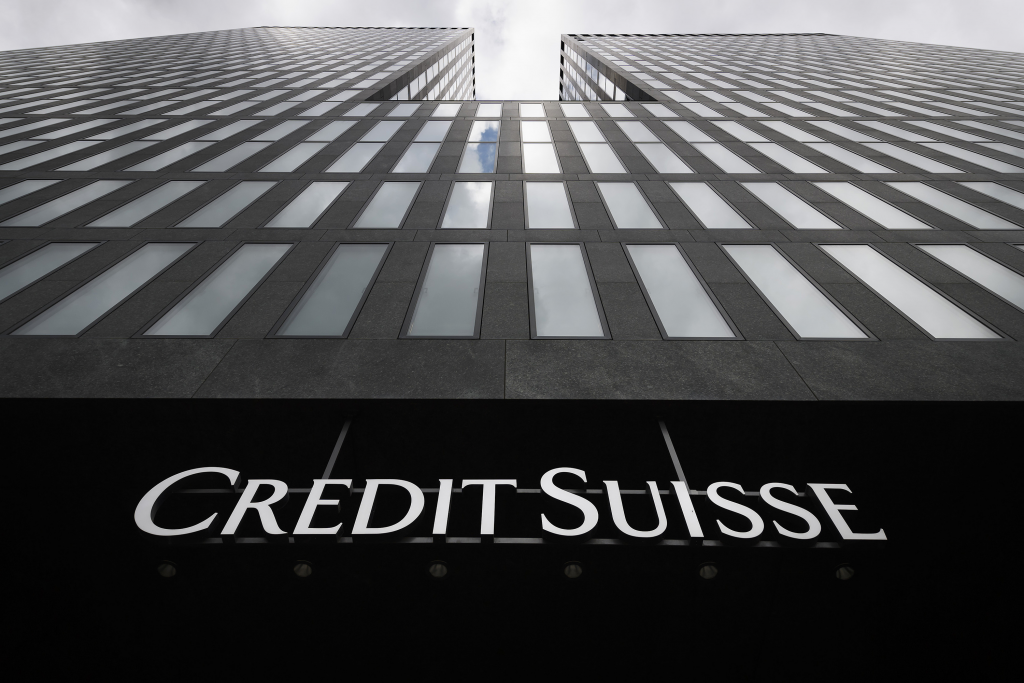
What do you think of cryptocurrencies? Are they the future of finance or a flash in the pan?
In business, you have to distinguish between noise and news. Bitcoin, for example, is limited to the technology it uses. At any point in time you can only have a limited amount of bitcoins. What will change the world is blockchain. We invest in companies who are beginning to formulate and utilize blockchain.
AI and nanotechnology are certainly going to change things. But, at the end of the day, you’ll always need the human touch in business. Value and currency are theoretical. Whether the value of a currency rises or falls is down to emotions, so whenever you see something has risen, it’s already too late.
An example of this comes from the legendary financier JP Morgan. Every morning, while his shoes were being shined, he would ask his shoeshiner for stock tips. Whatever tip the shoeshiner gave, he would return to his business and sell the stock of that company. The point is, once something reaches the masses, it’s no longer valuable.
Nowadays, in banking, there are so many regulations. It’s no longer about who is the most aggressive trader, but who has the better info. The nature of finance is changing.
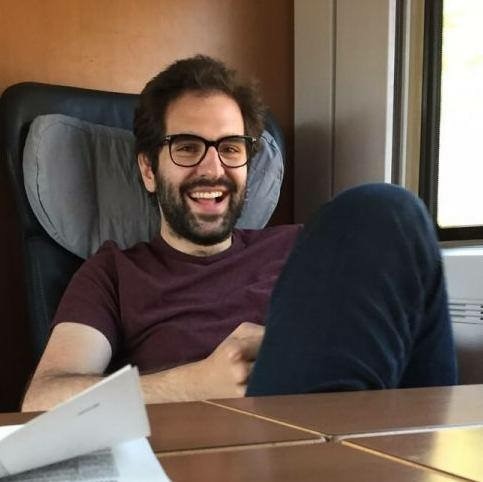
Favorite part of the job?
Getting compliments from clients is always great. Also, to make money, not just to have it and spend it. The challenge of making it is satisfying for me.
What do you do for leisure in Zurich?
Thursday in Zurich is like Friday. All the bars are filled with bankers. It’s like a melting pot and is almost part of the job. If you don’t unwind, you get sucked into the job.
What motivates you?
Winning. And being right more than half the time! My ongoing challenge is to be better today than I was yesterday. It is from incremental improvement that real progress can be made.
Also, I’m a great believer in the culture of loyalty to a company. It definitely gets noticed if you regularly work 15 hour days. You could say I’m a workaholic!

